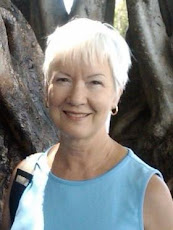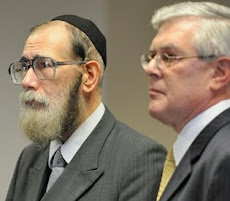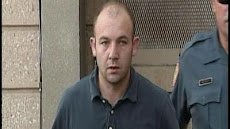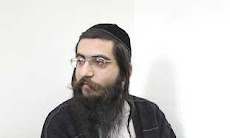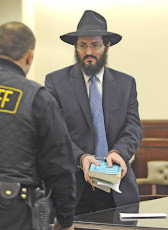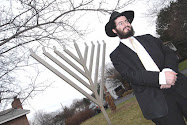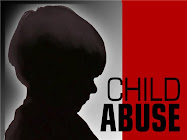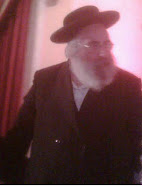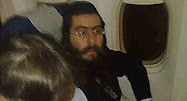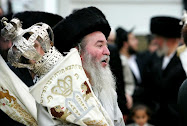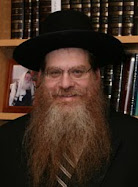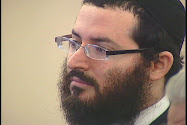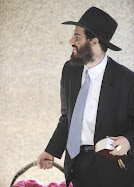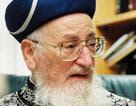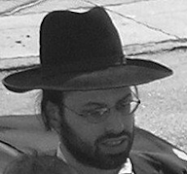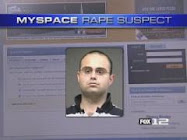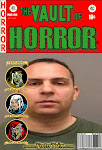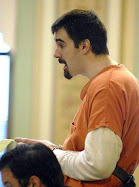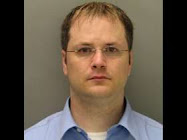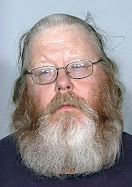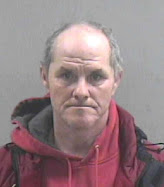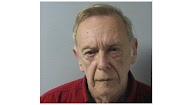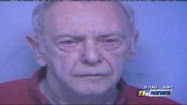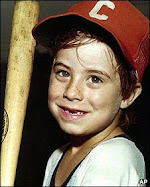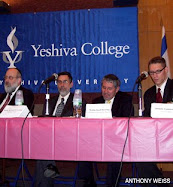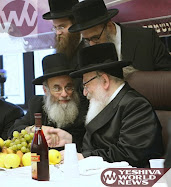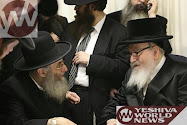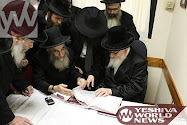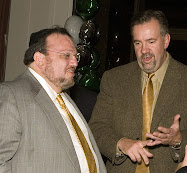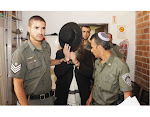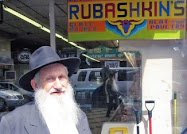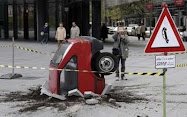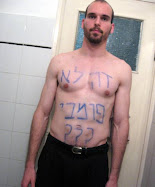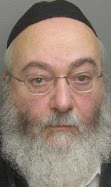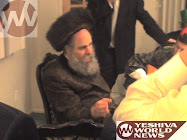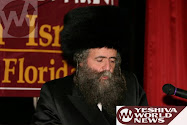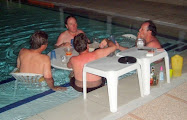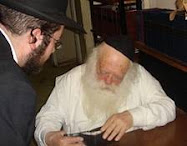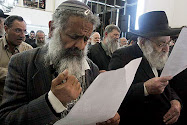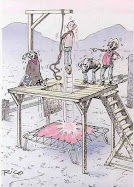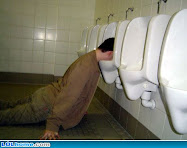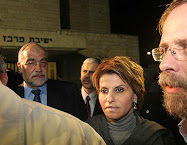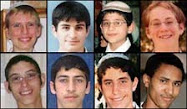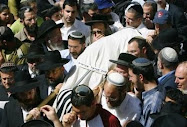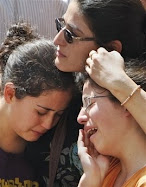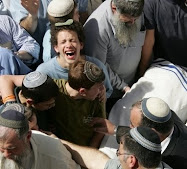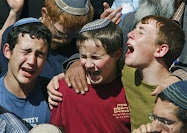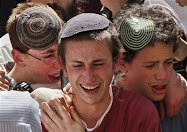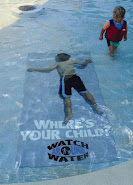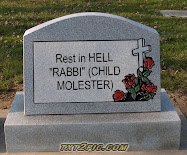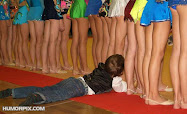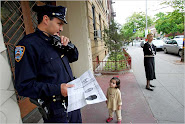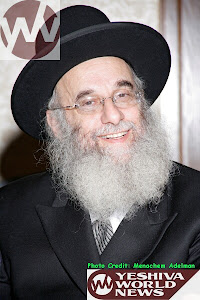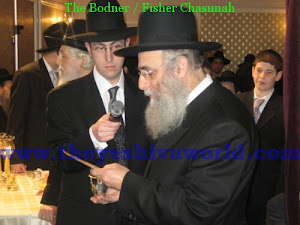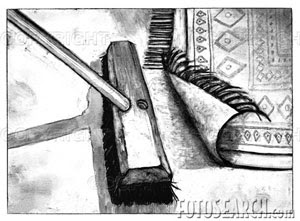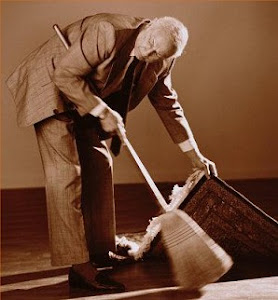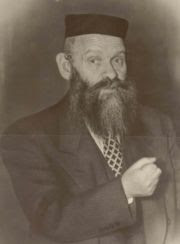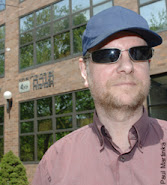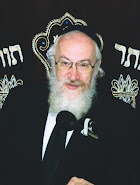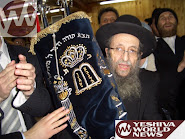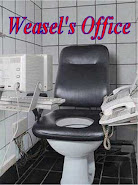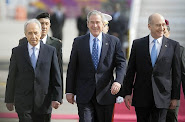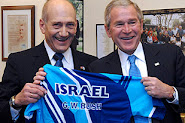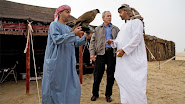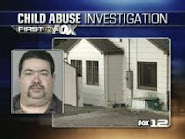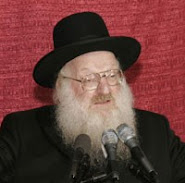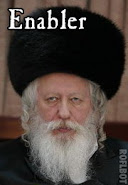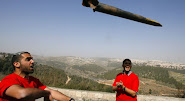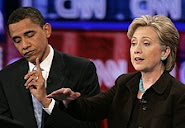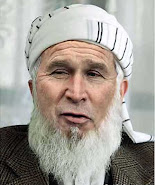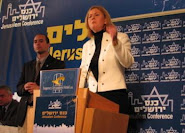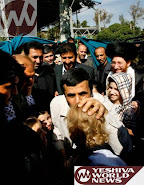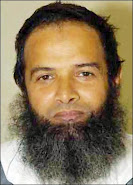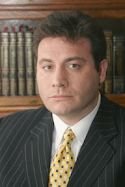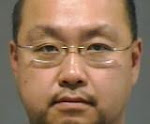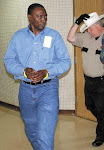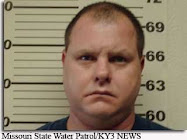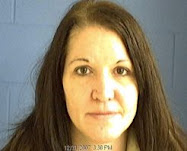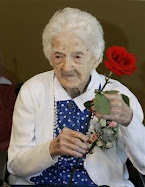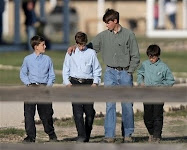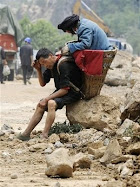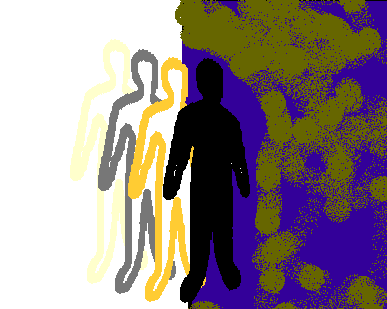EXPOSE THE PERP: THE AFTERMATH
As you heal from child sexual abuse and talk more about the trauma, you will become more comfortable with what you tell others, especially family members.
The details you share of the abuse is up to you, and you can choose to share what you are confident about. Usually a survivor will share with a family member you are most comfortable with, because you will receive various responses from family.
Usually a survivor will tell a family member what took place and immediately the family member will want to know what exactly happened between you and perpertrator. Then after the family member has time to absorb the information they will want to talk more about the perpertrator.
Family members will express different emotions,and ask all sorts of questions. Believe it or not this communication will help make a better relationship between family members, because communication is taking place and that is one of the key steps to healing.
Now as a survivor you have the option to answer and not answer questions, the ones that make you uncomfortable, you need to say that you cannot answer. As a general rule, your privacy and boundaries are important here.
Each time your family asks questions about the abuse, be prepared for different reactions, be thoughtful of your family’s emotions now, because these emotions will affect you too. As these discussions take place, a survivor can reexperience thoughts about the sexual abuse that they resolved. This is normal part of what happens when telling the family what happened.
Please be prepared that not all family members will believe what you have to say about the perpertrator, you may feel angry with family for this, even sad, but it is important that you know the truth, and again ” the truth shall set you free”, and its not about changing anyone else but changing and healing yourself.. As you heal you will become better at setting boundaries, and developing healthy relationships, promoting safety and trust in your life. Family members who respect and trust you are those you keep close to you. To avoid unstable relationship there must be trust, not chaos, crisis and inconsistency, and as a survivor we want to definelty avoid this in our lives.
Here are few ideas:
Establishing Boundaries:
No one touches you without your permission and consent, and you touch no one without their persmission and consent.
Choose who you want to be sexual with, some one who is safe and you feel comfortable and who you have a reciprocity in terms of respect, love and care.
Trust is conditional; people earn trust, as well they earn yours. There are different levels of trust for different people.
Do not tolerate disrespectful behavior and speak up when it happens.
Honor your feelings and those of others
Stand up for your self and believe in you right to do so.
Give yourself permission to be who you are and to try new experiences
Affirm your life today, and acknowledge the good that exist in your life today
Take time for yourself and not allow others to intrude on your time. Say no and do not feel guilty.
Praise yourself often.
Excerpts from Healing from the Trauma of Sexual abuse by Karen Duncan.
=========================================================================
CONFRONTING ABUSE IN THE ORTHODOX COMMUNITY
(This article first appeared in NEFESH)
By Rabbi Yosef Blau
It is no longer possible to ignore the tragic reality that sexual, physical and emotional
abuse exists within the Orthodox community. Recent revelations about rabbis and
teachers abusing adolescents, often continuing to abuse for decades, dramatically remind
us that our existing mechanisms are failing to deal with the problem. I am not aware of
any statistics which clarify whether the numbers of offenders is substantial, but even a
small number can traumatize hundreds of victims.
The full measure of the horrendous nature of abuse is not always apparent from a
technical halakhic perspective. Two teenagers touching each other inappropriately are
guilty of the same sin as a forty-year old rabbi touching a thirteen- year old female
student. We intuitively recognize that the rabbi has used his position as an authority
figure to manipulate a vulnerable child, though she is an adult according to halakha. A
pedophile who abuses minors even if he gets their approval is halakhicly a rapist but not
if he does the same with an adolescent boy or girl.
It is even more difficult to pinpoint the sin when dealing with emotional abuse and
manipulation. While one can make similar technical arguments in other areas of halakha,
its significance in this context is its use as cover for the many who do not want to deal
with the full implications of confronting rabbinical abuse. Not wanting to see themselves
as lacking sympathy for victims, people can claim to be concerned about preserving
halkhic standards. How rare it is to have two witnesses who saw the abuse.
Even when the pattern of abuse is clear the question remains how to effectively deal with
the abuser in a way that at least limits his ability to move elsewhere and continue to abuse
new people. Schools fire abusive teachers who then move to another community and
start teaching (and abusing) in the new yeshiva. Going public is seen as causing a chilul
Hashem and going to secular authorities as mesira.
Virtually all poskim agree that if there is danger to future victims then there is no
halakhic issue of mesira but practically the taboo of mesira remains. Victims are
discouraged from coming forward on other grounds as well. It will hurt potential
shidduchim, not only for the victim but for members of his family as well. Compassion
is expressed for the reputations of members of the abuser’s family as well. The
probability that the family members may have suffered abuse themselves and suffer from
being in ongoing contact with the abuser, is not understood.
Taking the accusation to a Beis Din unfortunately is rarely effective. Few rabbis have
any training in recognizing abuse and the rabbinical courts have no investigative arm.
Some abusers are charismatic leaders and have followers who will say whatever they ask
them to say. Perjury to a Beis Din is not punished and in many cases the witness, in
support of his mentor, has no difficulty with distorting what occurred. The cultic element
in the guru’s leadership is hard for us to acknowledge. A rabbi promoting Judaism is
seen as incapable of being a cult leader.
Newspapers, particularly Jewish newspapers are assumed to be anti-Orthodox. Speaking
to them is almost the act of a traitor. Yet at the present time the media has played a
primary role in the increased awareness of this problem and an abuser whose name that
has appeared in the media is unlikely to be hired by a new school or youth movement.
Two recent cases point to differing approaches now being used. In one story from Israel
a commission including a rabbi, a psychologist and a judge evaluated allegations and the
accused was fired from his teaching position. He hired a lawyer and is fighting for
reinstatement. The Israeli media have picked up the story. A recent article in Maariv
broadened the discussion to quote varying views about rabbis counseling married women.
The other case involved allegations that had been investigated twenty years ago and a
resulting agreement that an individual would leave Jewish education, which was not
effectively enforced. After two decades it became difficult to reconstruct what had
occurred. Supporters of the accused spoke freely to the media while victims used
pseudonyms. New allegations surfaced and a major expose appeared in the papers and a
new Beit Din was formed to decide how to deal with the accusations. While no formal
announcement has been made, their apparent decision was to send the case to a religious
court in Israel that will deal with the charges.
Despite growing awareness and concern no consensus has yet emerged. Rabbis are not
trained to recognize abuse nor given an approach to aid them in responding when they
realize that it is occurring. Principals are not equipped to respond to accusations against
teachers in their schools. Rabbinical organizations do not have rules of appropriate
conduct. Accused abusers retain memberships in these organizations without any process
to remove their names.
Our community has not been educated to recognize abuse nor to appreciate the ongoing
trauma of victims. Headlines in newspapers are not effective educational tools. Often
the response is to express anger at the paper and then ignore the abuse. Until the
mentality of the community changes little progress will be made.
Even if a method will be developed to get rabbinical approval for victims to go to the
police much of the problem will remain. Not every manifestation of abuse involves
criminal behavior. “Rabbis” who seduce women as part of outreach or marital therapy
are not guilty of a punishable offence. Proper utilization of secular authorities is a
necessary step but clearly not a total solution.
In Chicago, after there were a number of serious incidents, a special Beit Din, whose
members are respected across the Orthodox spectrum, was established to deal with
accusations of abuse. Similar rabbinical courts in other major cities, whose judges would
be trained to recognize abuse and would have appropriate mental health professionals as
consultants, should be introduced. Creating special rabbinical courts is a powerful
statement that a serious problem needs to be addressed.
Nefesh professionals have a critical role to play in educating the Orthodox community,
in treating and supporting victims and in serving as consultants for schools and
organizations. Only people who are trained can lead a systematic campaign explaining
the nature of abuse and the need to confront it openly. Stigma has to be removed from
victims. Invariably when the identity of an abuser is revealed the response of far too
many is “We have known that for years.” Enabling abusers to continue, covering their
crimes to protect the image of the community, contribute to innocents being traumatized.
Judith Herman in her book on trauma points out that both the abuser and the victims turn
to others for support. The victim needs action while the abuser only asks for our silence.
It is time to stop the silence. The true chilul Hashem is that we allow victims to continue
to suffer in order to preserve our community’s image.









































